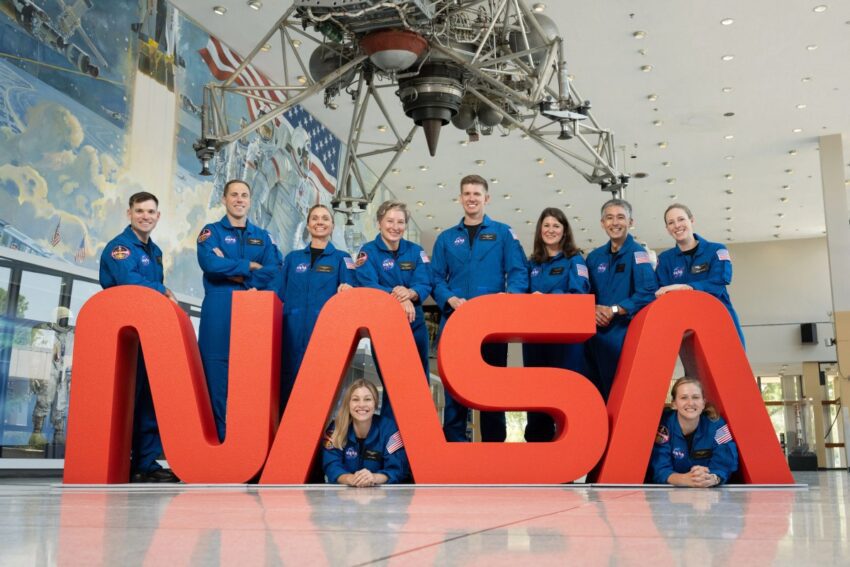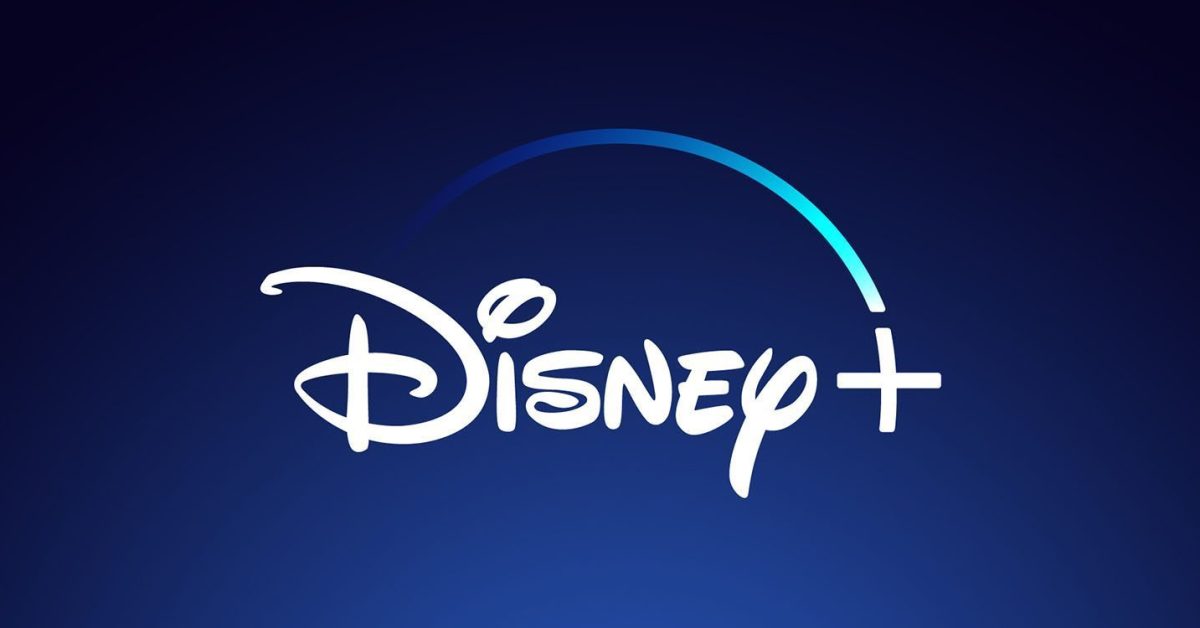
nasa s new astronaut class includes spacex NASA has announced its latest astronaut class, which notably includes SpaceX veterans Anna Menon and Yuri Kubo, marking a significant shift in the landscape of space exploration.
nasa s new astronaut class includes spacex
Introduction to NASA’s New Astronaut Class
On September 23, 2025, NASA introduced its newest class of astronauts, a group that reflects the evolving dynamics of space travel and exploration. This class features a diverse array of backgrounds and experiences, but two names stand out: Anna Menon and Yuri Kubo, both of whom have previously worked with SpaceX. Their inclusion signals not only a recognition of their capabilities but also highlights the growing collaboration between private aerospace companies and governmental space agencies.
The Role of SpaceX in Astronaut Training
SpaceX has rapidly transformed from a private aerospace company into a pivotal player in the realm of human spaceflight. Founded by Elon Musk in 2002, the company has consistently pushed the boundaries of technology and innovation. Its Dragon spacecraft and Falcon 9 rockets have become synonymous with modern space travel, and the company has established itself as a reliable partner for NASA.
SpaceX’s Achievements
Since its inception, SpaceX has achieved numerous milestones that have reshaped the aerospace industry:
- First Privately Funded Company to Reach Orbit: In 2008, SpaceX’s Falcon 1 became the first privately developed liquid-fueled rocket to reach orbit.
- Commercial Crew Program: SpaceX’s Crew Dragon spacecraft has been transporting astronauts to and from the International Space Station (ISS) since 2020, marking a new era in commercial spaceflight.
- Reusability: SpaceX pioneered the concept of reusable rocket technology, significantly reducing the cost of access to space.
These achievements have not only demonstrated SpaceX’s technical prowess but have also positioned it as a training ground for future astronauts. Menon and Kubo’s experiences at SpaceX have equipped them with unique skills that NASA aims to leverage for its upcoming missions.
Profiles of Anna Menon and Yuri Kubo
Anna Menon
Anna Menon is a physician and engineer who has made significant contributions to the field of space medicine. Before joining SpaceX, she earned her medical degree and specialized in aerospace medicine. At SpaceX, Menon played a crucial role in developing medical protocols for astronauts, ensuring their health and safety during missions.
Her work involved not only the physical health of astronauts but also their psychological well-being. Menon’s insights into the challenges of long-duration spaceflight have been invaluable, especially as NASA prepares for missions to the Moon and Mars. Her experience in both medicine and engineering positions her as a key asset in NASA’s plans for future exploration.
Yuri Kubo
Yuri Kubo, on the other hand, brings a wealth of experience in engineering and operations. With a background in aerospace engineering, Kubo has been instrumental in the development and testing of SpaceX’s launch systems. His hands-on experience with rocket technology and mission operations makes him an ideal candidate for NASA’s ambitious goals.
Kubo’s work at SpaceX involved not only technical development but also collaboration with NASA and other international space agencies. This experience has provided him with a unique perspective on the complexities of space missions, including the need for teamwork and coordination among diverse teams.
The Implications of NASA’s Selection
The inclusion of Menon and Kubo in NASA’s astronaut class is significant for several reasons. Firstly, it underscores the increasing reliance on private aerospace companies for training and operational support. As NASA embarks on its Artemis program, which aims to return humans to the Moon by the mid-2020s, the agency recognizes the value of incorporating expertise from the private sector.
Collaboration Between NASA and Private Sector
This collaboration is not merely a trend; it represents a fundamental shift in how space exploration is conducted. By integrating personnel from companies like SpaceX, NASA is fostering a more agile and innovative approach to its missions. The partnership allows for the sharing of knowledge, technology, and resources, ultimately enhancing the safety and success of space missions.
Moreover, the involvement of private sector veterans in NASA’s astronaut program may inspire a new generation of engineers and scientists. As more individuals see the potential for careers in space exploration, the talent pool will expand, leading to further advancements in technology and exploration capabilities.
Stakeholder Reactions
The announcement of the new astronaut class has elicited a range of reactions from stakeholders across the aerospace industry. Many industry experts view the inclusion of Menon and Kubo as a positive development, emphasizing the importance of collaboration between public and private sectors.
Industry Experts
Industry experts have praised NASA’s decision, highlighting the benefits of having astronauts with experience in commercial spaceflight. “The future of space exploration lies in collaboration,” said Dr. Emily Carter, a prominent aerospace engineer. “By bringing in individuals who have worked with private companies, NASA is ensuring that it remains at the forefront of innovation.”
Public Perception
Public perception of space exploration is also evolving. As private companies like SpaceX continue to capture the imagination of the public, the inclusion of their veterans in NASA’s astronaut class may enhance public interest and support for space missions. The narrative surrounding space exploration is shifting from a purely governmental endeavor to a collaborative effort that involves multiple stakeholders.
The Future of Space Exploration
As NASA prepares for its upcoming missions, the integration of astronauts with diverse backgrounds will be crucial. The Artemis program, which aims to land the first woman and the next man on the Moon, will require a multifaceted approach that leverages the expertise of various individuals. Menon and Kubo’s experiences will undoubtedly play a vital role in the success of these missions.
Upcoming Missions and Goals
NASA’s Artemis program is not just about returning to the Moon; it is also a stepping stone for future missions to Mars. The lessons learned from lunar exploration will inform the agency’s approach to Martian missions, making the expertise of astronauts like Menon and Kubo even more critical. Their backgrounds in both medicine and engineering will be invaluable as NASA navigates the complexities of human spaceflight.
Conclusion
The announcement of NASA’s new astronaut class, featuring SpaceX veterans Anna Menon and Yuri Kubo, marks a significant milestone in the evolution of space exploration. Their inclusion not only highlights the growing collaboration between private companies and governmental agencies but also sets the stage for future advancements in human spaceflight. As NASA embarks on its ambitious missions to the Moon and beyond, the expertise of these astronauts will be instrumental in shaping the future of exploration.
Source: Original report
Was this helpful?
Last Modified: September 23, 2025 at 10:57 pm
6 views















